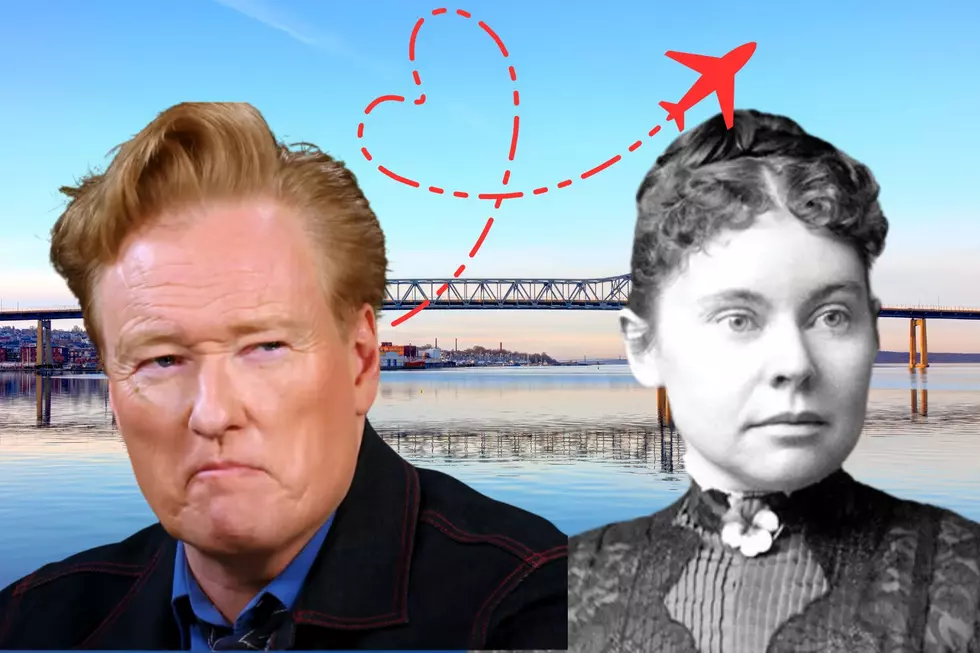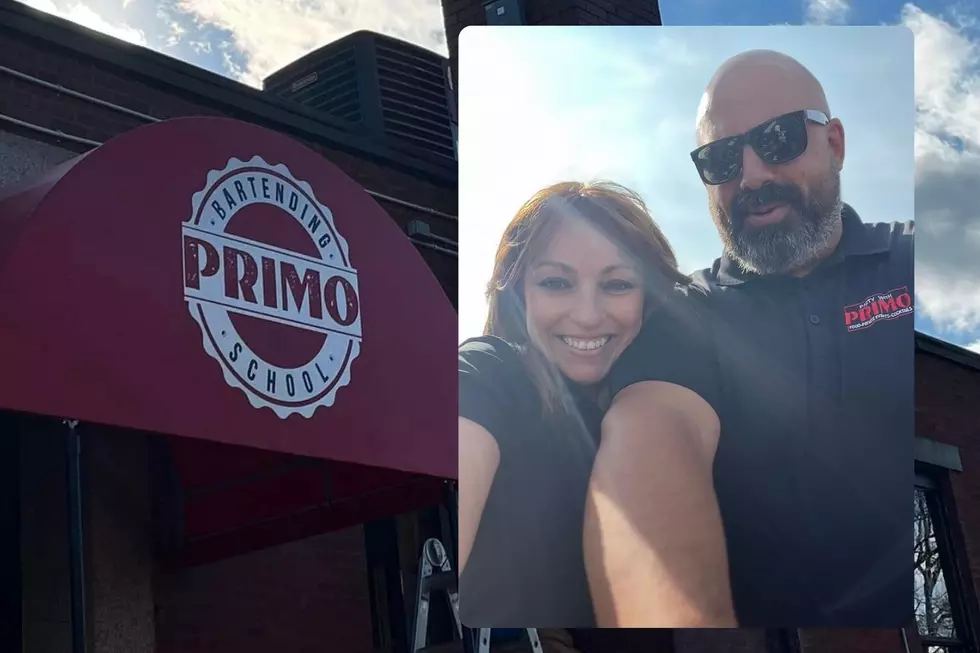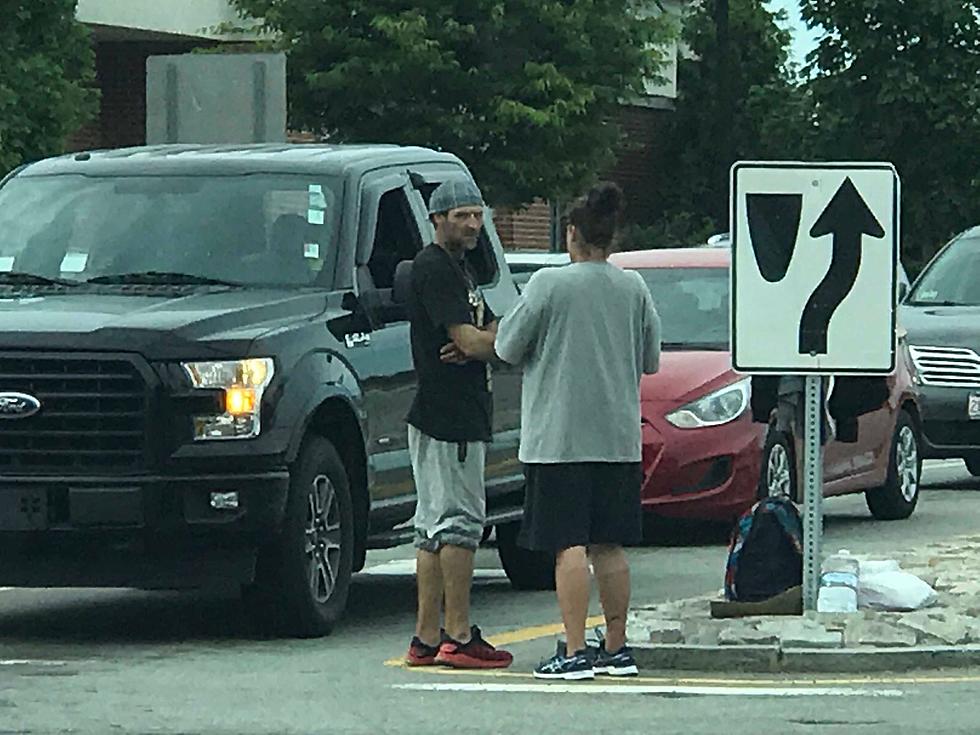
In Fall River Case, SJC Declares Panhandling Law Unconstitutional
A state law that prohibits certain people from asking motorists for money along the roadway was struck down Tuesday by the Massachusetts Supreme Judicial Court.
The anti-panhandling law violates the First Amendment to the U.S. Constitution and the Massachusetts Declaration of Rights because it is a "content-based regulation of protected speech in a public forum" that cannot withstand strict scrutiny, the SJC wrote in its decision.
The case got its start in Fall River with two homeless plaintiffs – John Correira and Joseph Treeful – who were issued dozens of criminal complaints in 2018 and 2019 after standing with signs and accepting money from motorists. Fall River Police in those two years issued around 150 complaints against roadway solicitors under the law known as "Section 17A."
The law states in part that any person "soliciting any alms, contribution, or subscription" who signals, stops, or accosts the occupant of a vehicle stopped in traffic could face criminal prosecution or a fine. However, the law creates exceptions for certain people, including those selling newspapers. It lets people sell items including tickets to events, and lets members of non-profit organizations solicit money from motorists if they have a permit from the local police chief.
The fact that the law discriminates between speech asking for personal charity and other types of speech was at the crux of the high court's decision. Because some people are allowed to do or say things by the side of the road, and other people are not, undermines any claim that the panhandling law is about traffic safety, the court suggested:
"Here, there can be little doubt that signaling to, stopping, or accosting motor vehicles for the purpose of soliciting donations on one's own behalf poses no greater threat to traffic safety than engaging in the same conduct for other nonprohibited or exempted purposes, such as gathering signatures for a petition, flagging down a taxicab, selling newspapers, or soliciting donations for a non-profit organization," reads the decision penned by Justice Lenk.
The SJC also examined various potential law enforcement challenges:
"Imagine that a police officer sees an individual step into the roadway, accept money from a motorist, and then hand the motorist a rose," the decision document reads. "Will enforcement turn on whether the officer perceives the exchange as a sale of the rose or the giving of a small token in thanks for the donation of money?"
A case challenging the law was brought in March of 2019 by the ACLU of Massachusetts on behalf of the two panhandlers and the Massachusetts Coalition for the Homeless. It named the City of Fall River, the District Attorney of Bristol County, and former Fall River Police Chief Albert Dupere. They agreed to rule on the law after a Bristol Superior Court judge in April of 2019 temporarily enjoined Fall River Police and Bristol County District Attorney Thomas Quinn III from enforcing it.
Fall River Police Chief Jeffrey Cardoza on Tuesday said the city's police department will respect the Court’s ruling. "I would suggest that if people want to help the homeless, they can donate to many of our local charities,” Cardoza said in a brief statement.

More From WBSM-AM/AM 1420
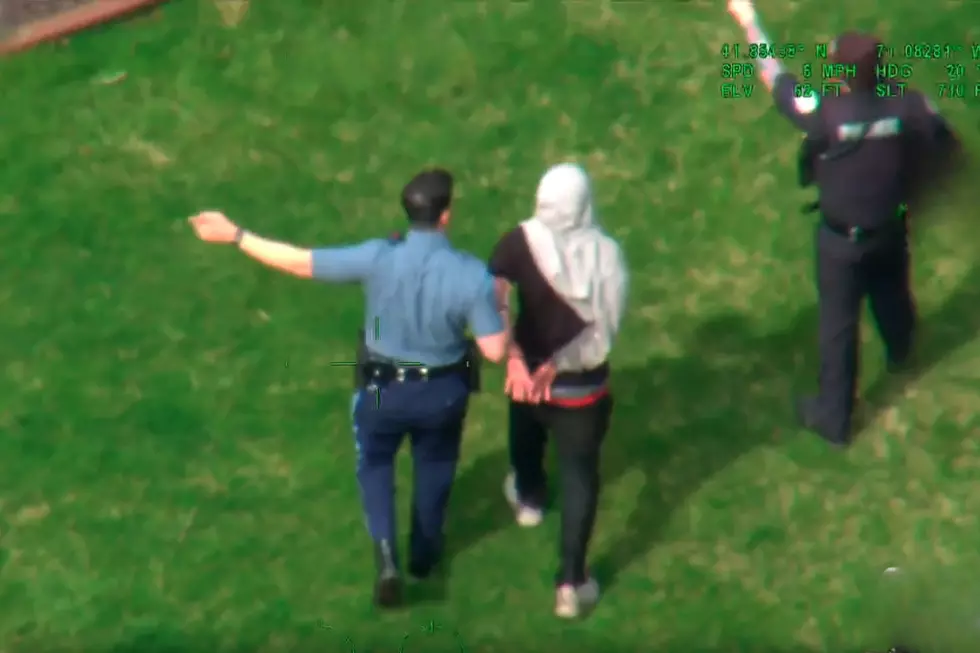

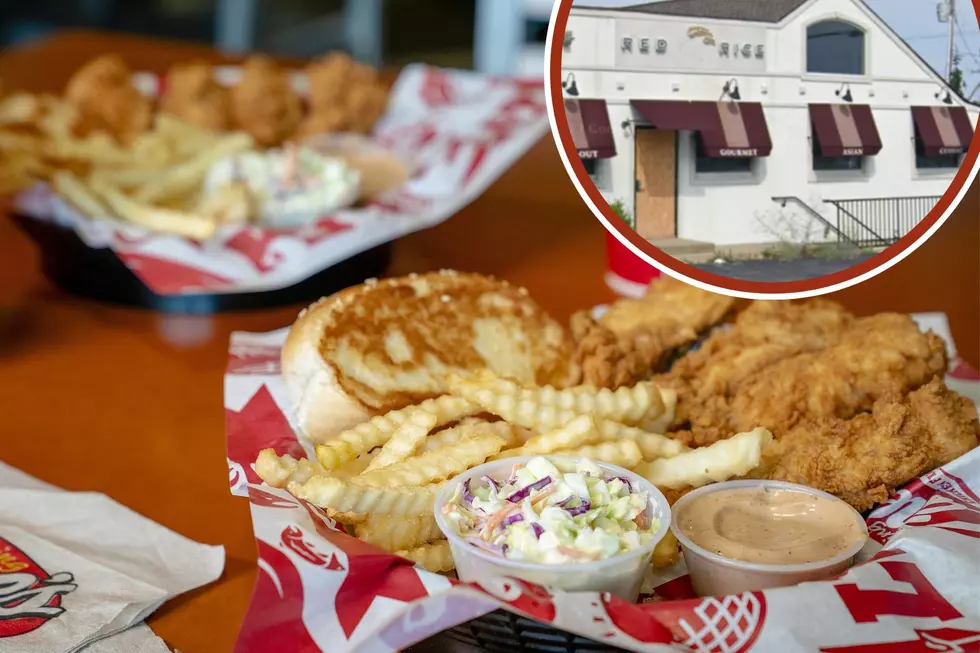
![Fall River Cat Found As Stray Is the Ultimate Cuddle Bug [WET NOSE WEDNESDAY]](http://townsquare.media/site/519/files/2024/04/attachment-Untitled-design-2024-04-17T061729.653.jpg?w=980&q=75)
